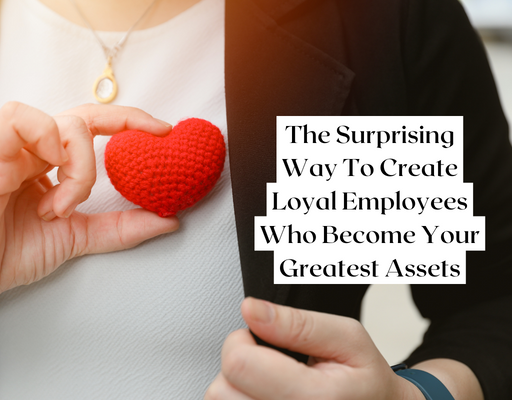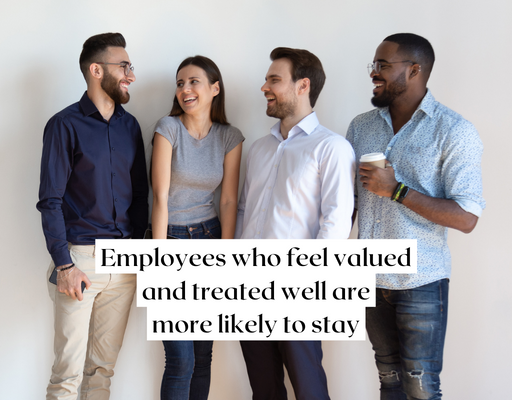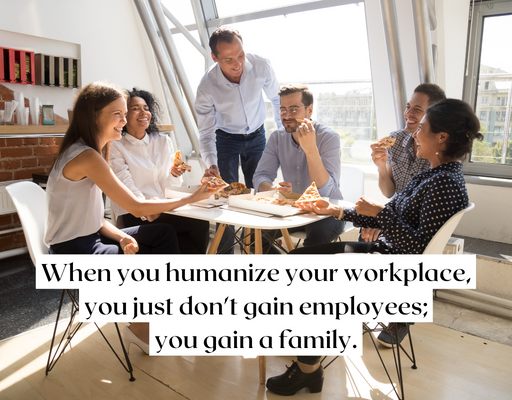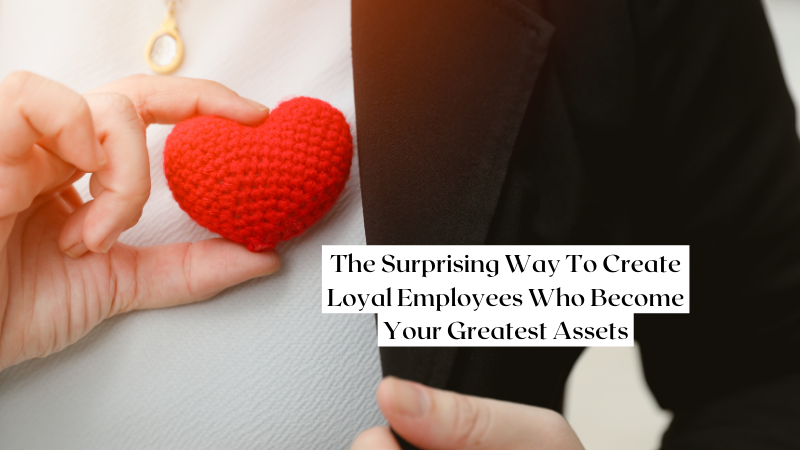As a business owner, you know the critical role your employees play in the success of your company. They’re not just cogs in a machine – they are the machine. They bring your business to life, embodying the values, vision, and work ethic that make your company unique. However, being the foundational bedrock of your enterprise doesn’t exempt them from the ebb and flow of life’s uncertainties. This is where the concept of a “family-first” environment becomes an invaluable tool for fostering loyalty and resilience within your workforce.

Imagine your star employee, let’s call her Amy, whose consistently innovative ideas have driven up your profits over the years. Suddenly, Amy’s mother falls seriously ill. The time Amy would typically use for brainstorming, she now spends in the hospital. What do you do? Many businesses might fear losing productivity or facing setbacks due to Amy’s absence. However, implementing a family-first environment provides a surprising solution: give grace, accommodate emergencies, and in return, garner loyalty that money can’t buy.
The family-first approach is not about sacrificing productivity for the sake of appearing compassionate. Instead, it’s about acknowledging the holistic nature of your employees. People are not work-robots; they have lives outside the workplace, which inevitably will intersect with their professional duties. By recognizing this reality and providing grace during challenging times, you’re investing in your employees’ wellbeing, which translates to increased loyalty and dedication to your company.

Research has consistently shown that employees who feel valued and treated well are more likely to stay, even when presented with higher-paying job opportunities. If an employer stands by an employee during challenging times, the employee will likely stand by the company during its trials.
I actually had this happen in one of my companies where a highly valued team member was so grateful I gave her space to deal with her mother’s illness and passing. Now she is the first one to jump in on short notice and tackle urgent projects.
For example, consider a business that gave an employee bereavement leave and flexible work options after the sudden loss of a family member. This grace period allowed the employee to grieve and start healing, without the added pressure of job insecurity. When the employee returned, they were not only more dedicated to the company but also became an advocate for the company’s culture, influencing other employees’ perceptions and loyalty.
But how can you be both lenient and effective as a business owner? Here are some practical ways to provide grace while still keeping your business running smoothly:
- Create clear policies: Clearly communicate how your company will respond to personal emergencies. This eliminates ambiguity and provides a sense of security for your employees.
- Flexible work schedules: Allow for flexible scheduling or remote work options. This gives employees the ability to manage their workload around personal situations without compromising their professional responsibilities.
- Encourage open communication: Allow for open, honest conversations about personal struggles without fear of reprisal. This fosters trust and enables you to work collaboratively on solutions that suit both parties.
- Invest in employee assistance programs: Such programs can provide resources and support for employees facing personal emergencies, offering services like counseling or financial planning.
To clarify, advocating for a family-first environment does not imply retaining underperforming employees. A successful business requires a dedicated, hardworking team. If an employee consistently fails to meet expectations, it’s best to part ways quickly. What we’re discussing is providing grace and support for those good employees who hit a rough patch in their personal lives. These are the employees you want to keep because their commitment to your business is as steadfast as your commitment to their wellbeing.

The bottom line is this: when you humanize your workplace, you don’t just gain employees; you gain a family, a community. And just as with any family or community, care, empathy, and understanding form the bonds that hold it together. Not only does this foster a positive work environment, but it also positively impacts your bottom line. Creating a compassionate, family-first environment isn’t just good for your employees—it’s good for business.








